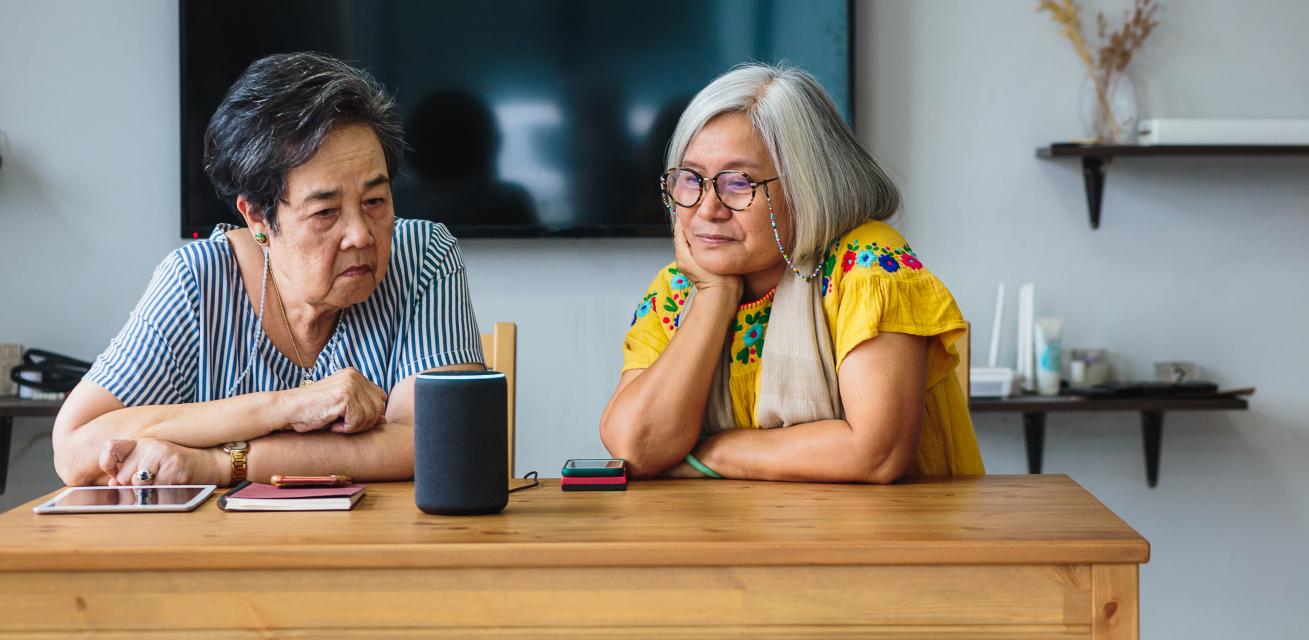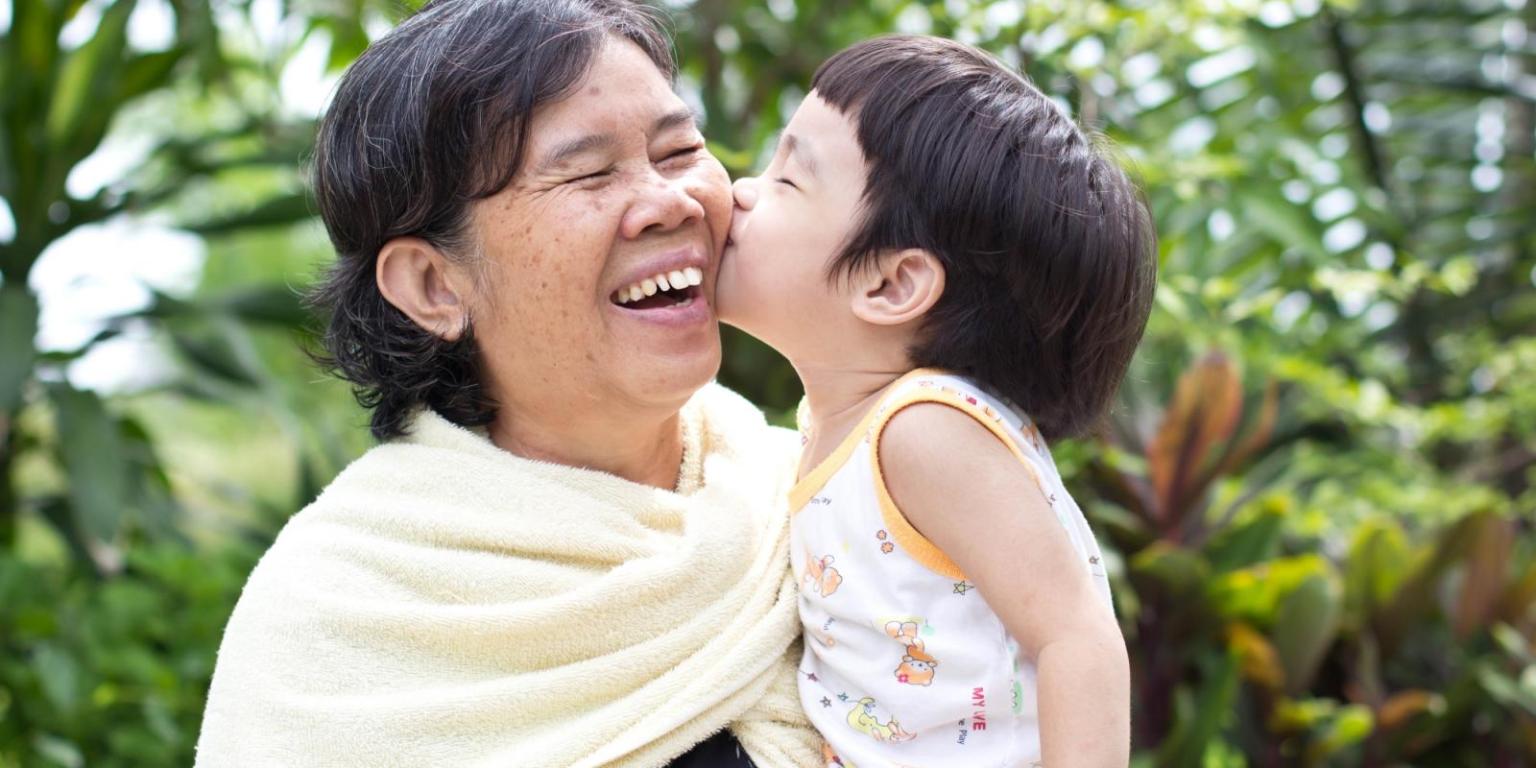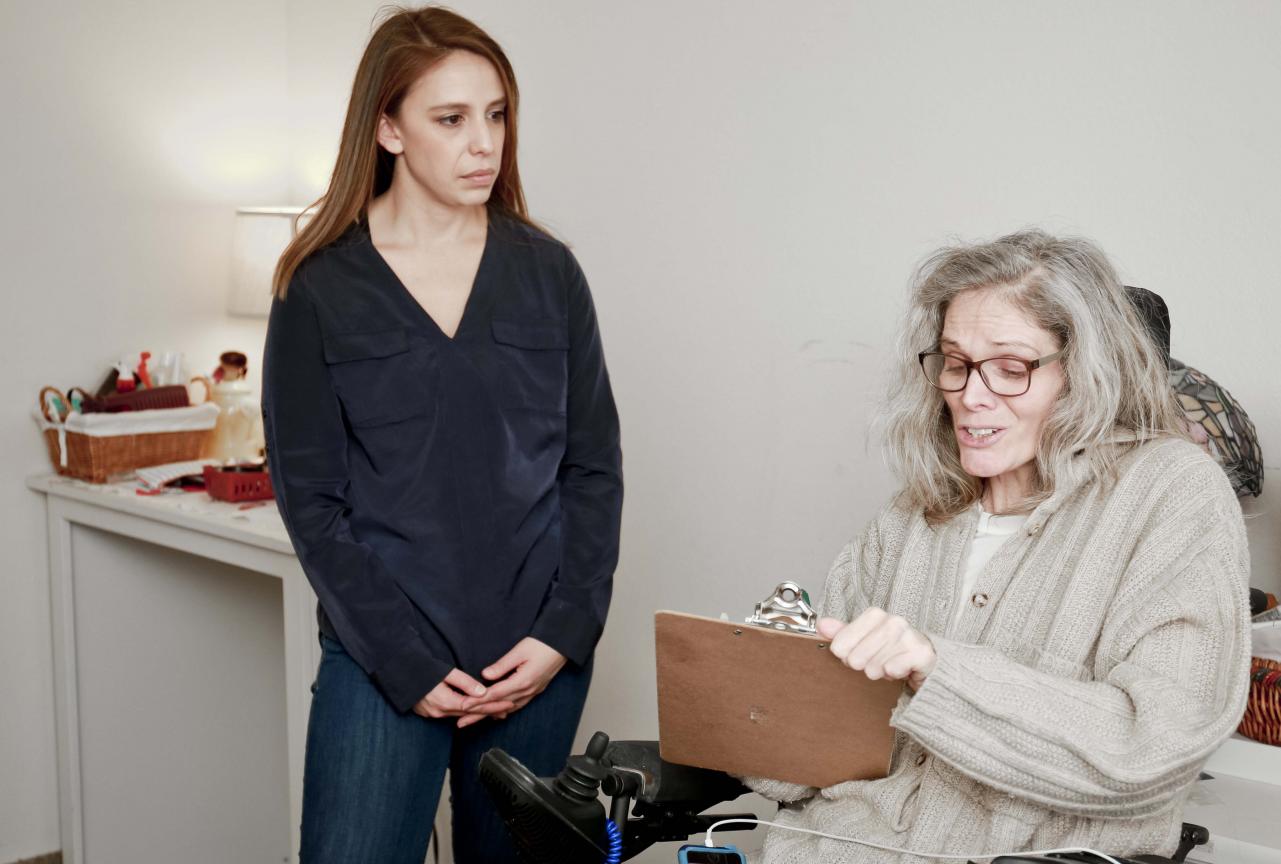
Technologies to Support Aging with Disability
Technologies to Support Aging with Disability
The Rehabilitation Engineering Research Center on Technologies to Support Aging among People with Long-Term Disabilities (RERC TechSAge) is a collaborative grant center based at Georgia Institute of Technology, University of Illinois Urbana-Champaign, and Georgia State University. Founded in 2013, TechSAge features multidisciplinary research, development, and training projects that are dedicated to understanding the needs of, and developing supportive technologies for, people aging with long-term vision, hearing, and mobility disabilities.

TechSAge receives 5-year grant renewal!
We are pleased to announce that we have been awarded a third, 5-year, $4.6 million grant from the National Institute on Disability, Independent Living, and Rehabilitation Research (NIDILRR). The new RERC aims to “meet the needs of people with long-term disabilities where they live, work, and play by conducting advanced engineering research and development of innovative technologies.” The center will be based at the University of Illinois Urbana-Champaign, with continued collaboration with Georgia Tech and Georgia State University. Stay tuned for project updates and a new website!

Featured Article
Facing the Dual Challenges of Caregiving While Aging with Disability
Many people aging with sensory and mobility disabilities experience challenges performing everyday activities and require assistance from others, such as friends, family, and paid service providers. However, these individuals may also be caregivers themselves. A new TechSAge article in Generations Now, a blog from the American Society on Aging, explores the experience of caregiving while aging with a disability. Highlighting findings from the Aging Concerns, Challenges, and Everyday Solution Strategies (ACCESS) study, the article discusses the unique challenges these individuals may face, from difficulties with communication to noticing alerts. Learn more about high and low-tech solutions to support people aging with disability with caregiving tasks and ease their demands. Read the blog by Mina Raj, Elena Remillard, and Wendy Rogers.

Staff Spotlight: Ethan Mudd
Ethan Mudd is currently pursuing a Bachelor of Science in Interdisciplinary Health Sciences at the University of Illinois at Urbana-Champaign. After graduation, he will move on to medical school in the fall of 2024. Ethan works as a research assistant in the Human Factors and Aging Laboratory. On the TechSAge User Needs Project, he is analyzing qualitative data on bathing challenges experienced by older adults aging with mobility disabilities. These findings will inform another TechSAge project developing a robotic showerhead for this population. Outside of school, Ethan enjoys outdoor activities and motorsports.

Become a Research Participant!
We maintain a registry of names of people who are interested in being contacted about research studies. Opportunities include: surveys, focus groups, interviews, and technology evaluations. Depending on the study, you may be able to participate on the phone, online, on campus, at your home, or in other locations.
Interested in joining? We need to ask a you a few questions about yourself to see which studies you might be eligible for and match your interests with our researchers. Complete the brief survey (5-10 minutes) online here:
Join Our Mailing List!
Sign Up
TechSAge research is funded by the National Institute on Disability, Independent Living, and Rehabilitation Research (NIDILRR grant numbers #90REGE0021 and #90REGE0006-01-00).
NIDILRR is a Center within the Administration for Community Living (ACL), Department of Health and Human Services (HHS).
